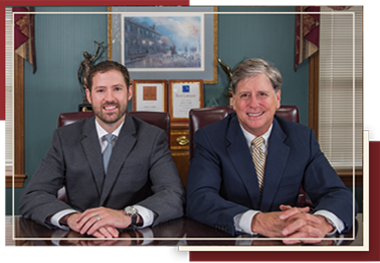When fast food restaurants first opened, you may remember that they had parking lots and places for people to stop. Instead of going inside a restaurant, waitresses and waiters would come to the vehicles, taking orders and delivering food directly to the car.
These quick restaurants became the basis for today’s fast food, but with the way the fast-food chains are set up today, few, if any, people stop after going through the drive through. A shocking number of people grab a bite to eat and continue to eat as they travel on to their next destination not realizing that fast food could cause a crash.
Fast food is a danger to drivers
Many people believe that eating fast food while driving should be against the law. Why? Similar to changing radio stations, talking on the phone or texting, it takes your mind — and at least one hand (!) — off the road. In seconds, you could end up in a serious collision. It’s not illegal to eat behind the wheel yet, but there are some reasons why advocates want to see it banned.
For one thing, food is distracting in any setting. People want to focus on eating, not on other actions. In a vehicle, that’s problematic. You might look away to pick up a drink or unwrap a burger only to find that you crash into the tail-end of the vehicle in front of you seconds later.
Another issue with food is the potential for spills. Spilling hot drinks when driving can cause scalding and burns, leaving drivers distracted by their own injuries or the injuries their passengers have suffered. Cold drinks cause similar reactions, though the likelihood of lasting physical injury is lower.
Of course, another issue that can’t be overlooked is the potential for someone to choke. You’re told not to talk with your mouth full, and you certainly shouldn’t eat while running or performing other activities. Drivers often don’t consider eating a risk, but with bumps, turns and impacts possible on the roads, there is always a risk of choking. If you choke while traveling, the risk of being distracted is unparalleled as you’ll focus most on dislodging food and being able to breathe.
An EXXON-Mobile survey showed that approximately 70 percent of the 1,000 people asked admitted to eating while driving. This isn’t banned, but if that 70 percent of people could be better focused on the road, shouldn’t that be a goal? Putting down the drinks and food until you park could save your life, the lives of your passengers and others on the roads.


